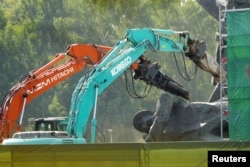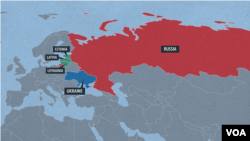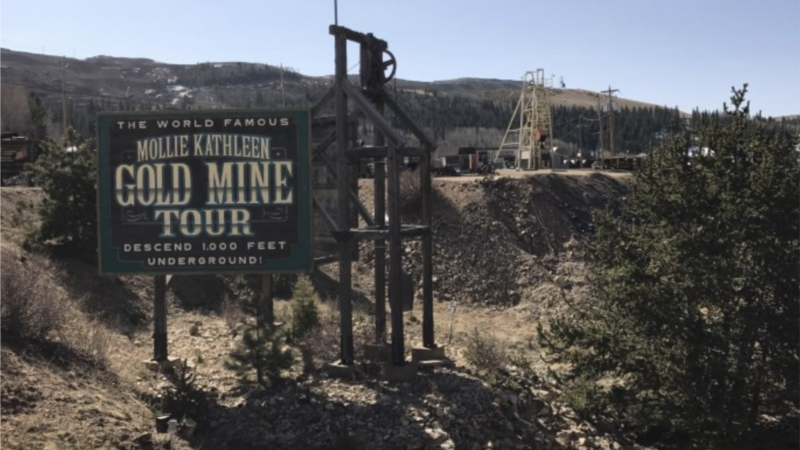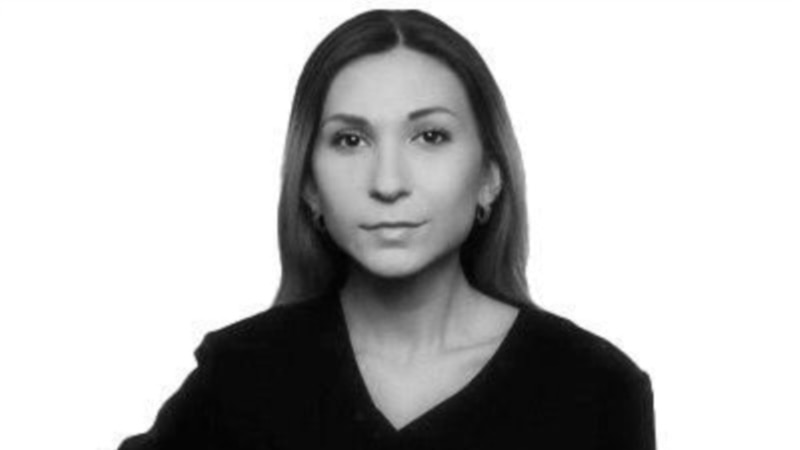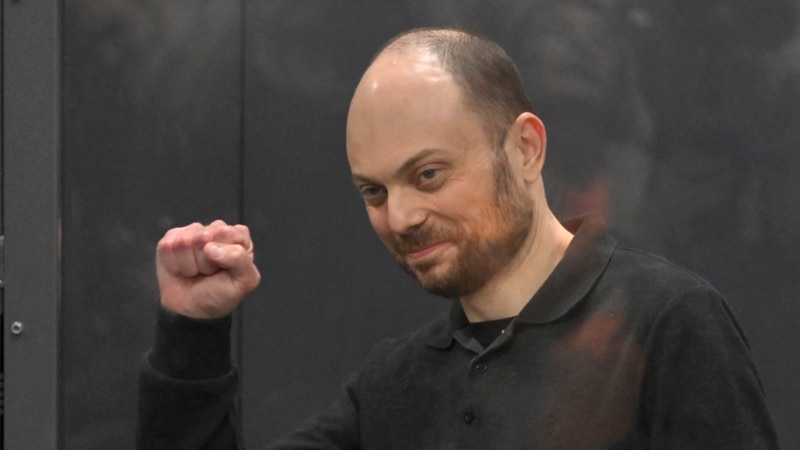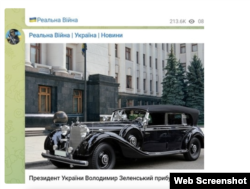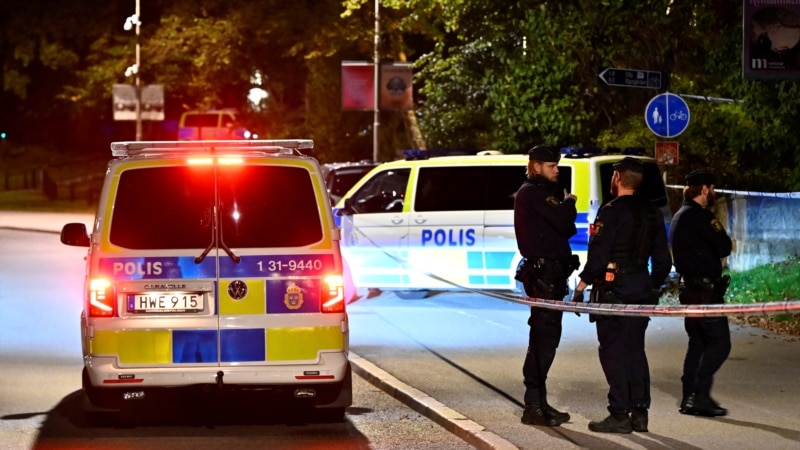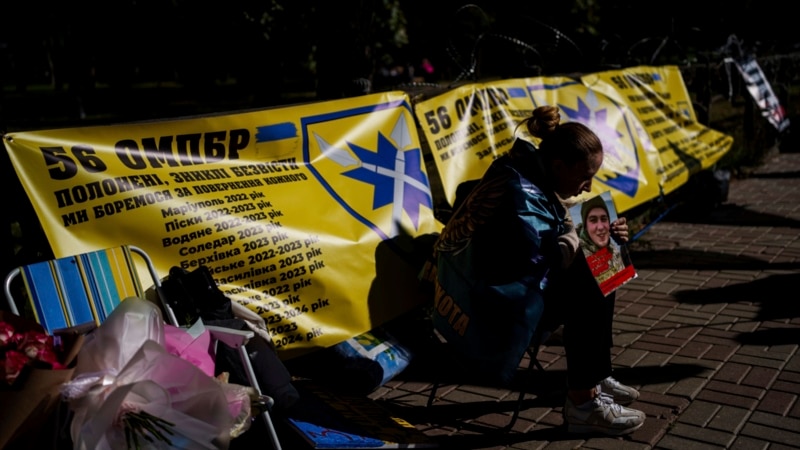Russia has declared Estonian Prime Minister Kaja Kallas and officials from other eastern European nations as “wanted” over their efforts to remove Soviet-era war memorials in their countries.
Kallas and the other officials are accused of violating Russian laws against the “falsification of history” and the “rehabilitation of Nazism,” according to Russian officials.
This action has been taken against Kallas and others who have “taken hostile actions against historical memory” and Russia, Kremlin spokesman Dmitry Peskov said.
This is the first time in history the head of another state has been placed on the interior ministry’s wanted list.
“The Kremlin now hopes this move will help to silence me and others – but it won’t,” Kallas posted in response on X, formerly known as Twitter. She has also described the action as a “familiar scare tactic.”
The move comes 11 months after the International Criminal Court issued an arrest warrant for Russian President Vladimir Putin. He was accused of war crimes for his alleged involvement in abducting children from Ukraine. The ICC also issued a warrant for Maria Alekseyevna Lvova-Belova, Russia’s commissioner for children’s rights.
The Reuters news agency reports those named to the Russian interior ministry’s list include Lithuanian Culture Minister Simonas Kairys and Estonian Secretary of State Taimar Peterkop, who were added for removing monuments to Soviet soldiers.
Reuters quoted Kairys as saying the arrest order “means I acted actively and in a principled way.”
Several members of Latvia’s former parliament are also reported to be listed.
For years, many in Estonia and Lithuania disliked these monuments, but Russia’s ongoing invasion of Ukraine has spurred the recent removal of them.
To many in these Baltic countries, these monuments are an unpleasant reminder of Soviet occupation, but to Moscow, they represent Russia’s role in liberating these countries from Nazi control.
“Crimes against the memory of the liberators of the world from Nazism and fascism must be punished. And this is just the beginning,” said Russian foreign ministry spokeswoman Maria Zakharova.
Russia invaded Ukraine on Feb. 24, 2022, claiming Russia’s military was seeking the “denazification” but not occupation of the neighboring country. Ukraine’s president, Volodymyr Zelenskyy, is Jewish.
Since its invasion, Russia has toughened its stance on the laws against falsifying history and rehabilitating Nazism.
Kairys said that Russia has distorted the facts, and that its “regime is doing what it has always done … trying to stifle freedom,” and creating “its own version that is at odds with facts of logic.”
Estonia, Latvia and Lithuania – all Baltic states – are members of the 31-member NATO Atlantic alliance, having joined in 2004. They are among Ukraine’s staunchest political, financial and military supporters.
The three NATO members have been increasing military spending and improving their border defenses following rising tensions that have many worried about a potential armed confrontation with Russia.
The three countries were seized and annexed by Josef Stalin during World War II before regaining independence with the breakup of the Soviet Union in 1991.
In January 2023, Estonia’s ambassador was ordered to leave Russia over alleged “Russophobia.” Before this, Russian diplomats were ordered to leave Estonia, Latvia and Lithuania following Russia’s invasion of Ukraine.
Tensions rose again earlier this month as Russia accused Estonia, Latvia and Lithuania of ignoring their requests to grant security at Russian embassy voting stations in their countries. Following the accusation, diplomats from all three states were summoned by Moscow.
Some information for this report was provided by The Associated Press, Agence France-Presse and Reuters. VOA’s Steve Herman contributed to this report.


